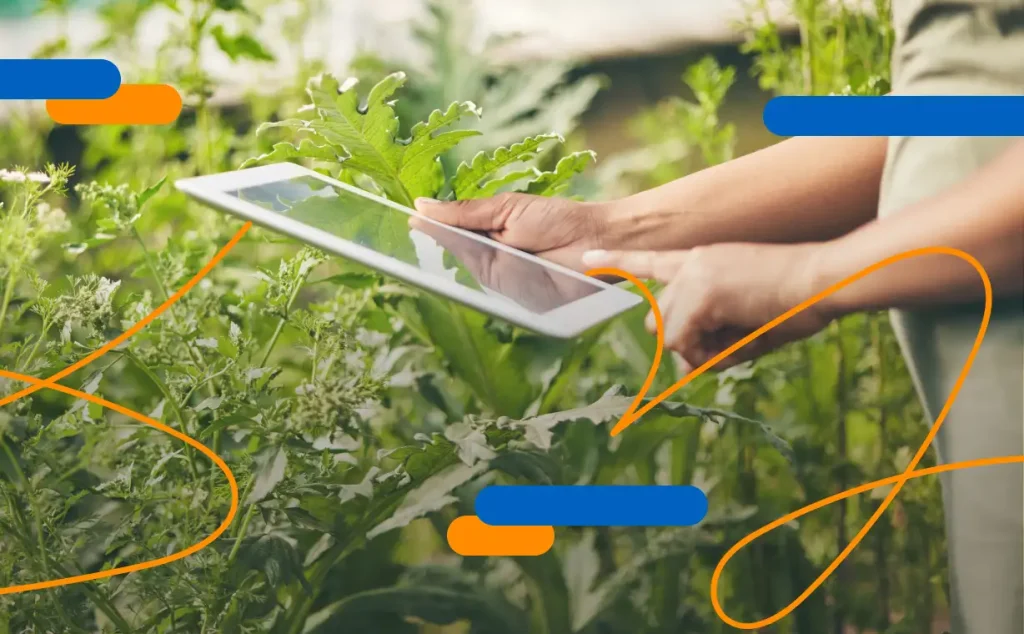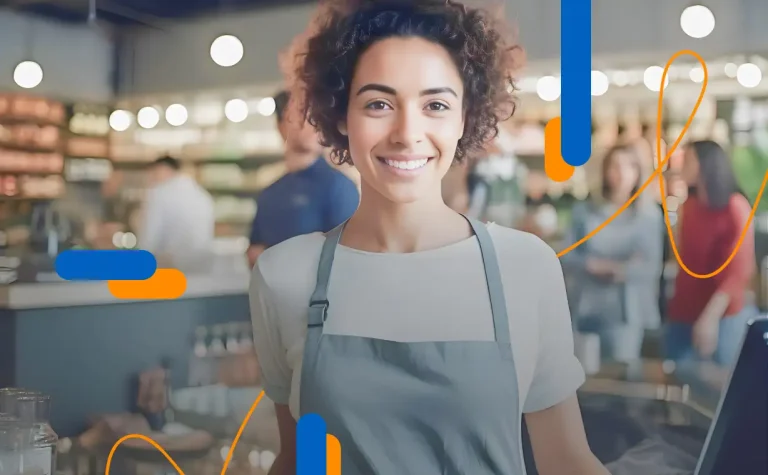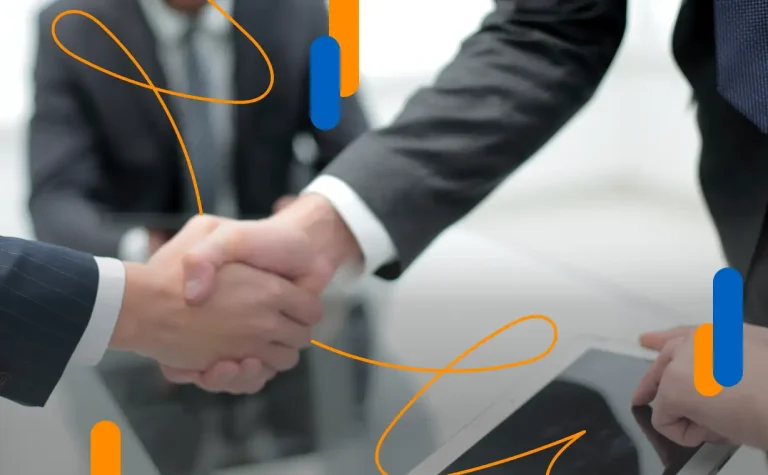Quick question: When choosing a product, do you look for it to be from a company committed to sustainability? If so, you’re not alone. Today, 93% of the population prefers environmentally conscious and responsible companies when choosing one company over another (Estudio de Comunicación, 2023). This data shows that purchasing behaviors are changing. And so are the concerns of organizations, since in recent years sustainability has become a strategic priority for them.
Do you want to know the secret of how companies are making their processes more sustainable? Read on!
Why sustainability is important in the retail sector
Adopting sustainable practices not only responds to a growing consumer demand, but also helps companies differentiate themselves in an increasingly competitive market. It is a necessary transformation to ensure the future of the planet and the companies that operate on it, with achievements such as:
- Impact on brand reputation. Organizations can take consumers’ concern for sustainability to their advantage. Those companies that have the same concern and demonstrate it by carrying out actions (within the possibilities of each one), will see their reputation improved and will attract responsible customers.
- Comply with environmental legislation. Many countries and regions are regulating the impact that companies have on the environment through legislation. Some have given companies a margin of a few years to incorporate measures; otherwise, they may consider penalizing those that do not comply with the legislation.
- Cost savings. Of course, it also has economic repercussions in the medium and long term. Using more efficient and/or sustainable systems translates into energy, waste and water savings.
How to boost sustainability in the retail sector
Digitalization is a key tool for driving sustainability in the retail sector. From implementing energy-efficient technologies to supply chain optimization, it enables companies to reduce their carbon footprint and improve operational efficiency. It also facilitates transparency and traceability, which are key to gaining the trust of the modern consumer.
Transformation of physical and online spaces
- Virtual testers. Many businesses have incorporated this feature so that customers can try the product online before they buy it. From beauty brands that allow them to see if a product matches the colorimetry, to visualizing a new armchair in the living room. This way, they can see if it suits them or not, saving unnecessary carrier and customer travel, packaging and returns.
- Product scanning. Thanks to it, customers can obtain all the information about a product through a simple scan. The most popular way of doing this is through QR codes, but the leading companies in the market are resorting to “Bluetooth” tags or facial recognition.
- Energy savings. Today, many tools can help you reduce energy consumption. Inside the store, for example, we have the possibility of introducing intelligent lighting and air conditioning systems, environmentally friendly materials (cork, bamboo, digital tools…) or solar panels.
Logistics and electrification of the last mile
The electrification of the last mile is a controversial topic because, although the future lies in this area, few companies are considering it. And while its implementation is not without its challenges, it can change the course of retailing. In practice, using specific vehicles such as bicycles, electric motorcycles or non-polluting vans can reduce emissions associated with logistics and last mile.
Another option that is gaining ground in local commerce is the shared contracting of a delivery service. This means that one person becomes the trusted delivery person for several businesses. If, in addition, he or she adopts one of the modes of transport listed in the previous section as a means of transport, the benefit is twofold. It would boost SDG 11 (sustainable cities and communities), but also SDG 9 (industry, innovation and infrastructure) and SDG 3 (climate action).
A more efficient supply chain
It may be scary to invest in technology in the present, but in the medium and long term it is a wise decision. Especially when it comes to AI, the possibilities are vast:
- Predictive analytics. It will help optimize efficiency in inventory management and, consequently, make strategic decisions. If done correctly, for example, it will not be necessary to apply discounts to liquidate surplus stock. Beyond predicting demand, by analyzing data, conclusions can be drawn for improvement in all parts of the supply chain, such as transportation routes or supplier suggestions.
- Efficient management. Closely related to the previous point. The incorporation of technologies such as Radio Frequency Identification (RFID), Artificial Intelligence and data analysis tools have made operations more visible and efficient. Can you imagine being able to design products, reducing waste and improving their performance? With AI, it’s possible
A more aware team
Some employees may not be aware of the impact of sustainability in retail. For that reason, online courses or training are a good way to start. Once they are aware, newsletters and questionnaires can help them internalize best practices. After learning the reality, they may adopt sustainability as a principle in their personal lives and opt for brands that share their vision.
Transform sustainability in retail with Viafirma
In a world more and more conscious of sustainability, the electronic signature is presented as a key tool for the retail sector. Viafirma’s tools are integrated in your workflow and help to build a more responsible retail. From contracts to supplier agreements. With Viafirma, you can reduce the use of paper, streamline processes and contribute to the care of the environment. It also allows you to sign from any device and place.
Are you interested in the world of electronic signatures but are not ready to implement it?
If you want to stay informed you can subscribe to our newsletter Tu Firma al Mes, a specialized media that will arrive to your email or LinkedIn feed on the first Monday of each month.
Our sales representatives, an international team of experts in the field, can also guide you and give you all the information you need. Start driving sustainability in retail today.




